This webinar focused on mechanisms in interventions with women’s groups in low and middle-income country settings. The speakers presented findings from two recent evidence reviews: a synthesis of experimental and quasi-experimental evidence on livelihoods, health and adolescent groups and a mixed-methods systematic review of interventions with community groups to improve women’s and children’s health. The panelists, who bring wide experience implementing and researching women’s groups interventions, discussed implications of these reviews on programs and the evidence base on women’s groups.
Speakers:
Lu Gram
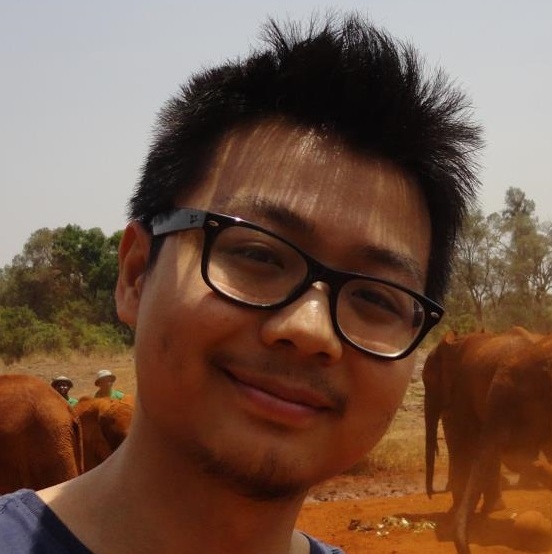
Dr. Lu Gram is a leading researcher on women's and communities' empowerment in low- and middle-income countries and a specialist in collective action for health and gender equality. He is a Sir Henry Wellcome Postdoctoral Fellow and recipient of a Naughton Clifts-Matthew grant. Dr. Gram has published 25 peer-reviewed articles on topics of maternal and child health, women's empowerment, and community mobilisation. Over his career in Global Health, Dr Gram has lived and worked in India, Pakistan, Bangladesh, Nepal, Ghana, Nigeria, DRC, Uganda, and Kenya with research partners from World Health Organization, Saving Newborn Lives, and London School of Hygiene and Tropical Medicine. Dr Gram regularly consults for universities and international NGOs and has worked for Harvard Kennedy School of Government, Population Council, and WHO. Dr Gram is a fellow of the Institute for the Future of Work. Dr Gram has a PhD in Global Health from UCL, an MSc from LSHTM in Medical Statistics, an MPhil from Cambridge in Computer Speech, Text and Internet Technology, and a BA in Mathematics and Computer Science from University of Oxford.
Seema Jayachandran
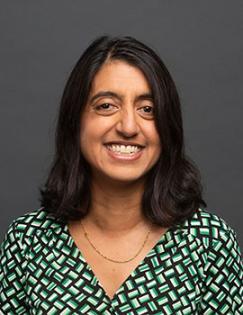
Dr. Seema Jayachandran is a Professor of Economics at Northwestern University. Her research focuses on economic issues in developing countries, including environmental conservation, gender equality, labor markets, health, and education. She is a recipient of a Sloan Research Fellowship, National Science Foundation Early Career Development Award, and the Ecological Society of America's Sustainability Science Award. Seema currently serves on J-PAL's board of directors and is the chair of J-PAL's gender sector. She is co-editor for the American Economic Journal: Applied Economics and co-director of the National Bureau of Economic Research's program in Development Economics. In addition, she writes regularly for the New York Times as a contributor to the Economic View column. Prior to joining Northwestern, she was a faculty member at Stanford University. She earned a PhD in economics from Harvard University, a master’s degree in physics and philosophy from the University of Oxford where she was a Marshall Scholar, and a bachelor's degree in electrical engineering from MIT.
Lucia Diaz-Martin

Lucia Diaz-Martin is a Policy Manager at J-PAL Global where she manages J-PAL's Gender sector. In this role, she conducts policy analysis and outreach focused on evidence related to gender equality and women's and girls' empowerment. Prior to joining J-PAL, Lucia worked for Pro Mujer, a Latin American microfinance and women's development organization, and at Habitat for Humanity's Guatemala headquarters. Lucia has an MPA from Columbia University focusing on economic and political development along with gender and public policy. She also holds a bachelor's degree in anthropology from Yale University.
Discussants:
Agnes Quisumbing
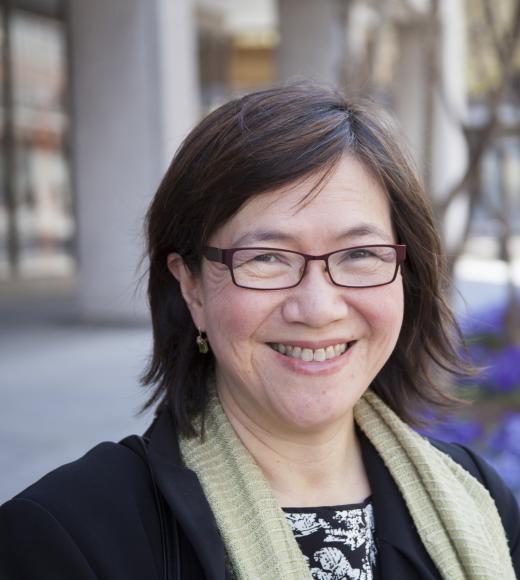
Dr. Agnes Quisumbing is a senior research fellow at IFPRI. She co-leads a research program that examines how closing the gap between men’s and women’s ownership and control of assets may lead to better development outcomes. Her past work at IFPRI analyzed the factors that enable individuals, households, and communities to move out of poverty over the long term, and on how resource allocation within households and families affects the design and outcome of development policies. Her research interests include poverty, gender, property rights, and economic mobility. She led a study on intrahousehold allocation and development policy in Bangladesh, Ethiopia, Guatemala, and South Africa. She has also worked on women's land rights in Ghana, the Philippines, and Sumatra. She has been involved in longitudinal studies in Bangladesh, Guatemala, and the Philippines, and is currently engaged in impact evaluations of agricultural development programs, focusing on their impacts on gender asset inequality, in South Asia and Sub-Saharan Africa. She received her Ph.D. and M.A. in economics from the University of the Philippines, Quezon City, and her A.B. in economics from De La Salle University in Manila. Before joining IFPRI, Quisumbing worked at the University of the Philippines, Diliman and Los Baños; the World Bank; Yale University; and the International Rice Research Institute.
Nirmala Nair
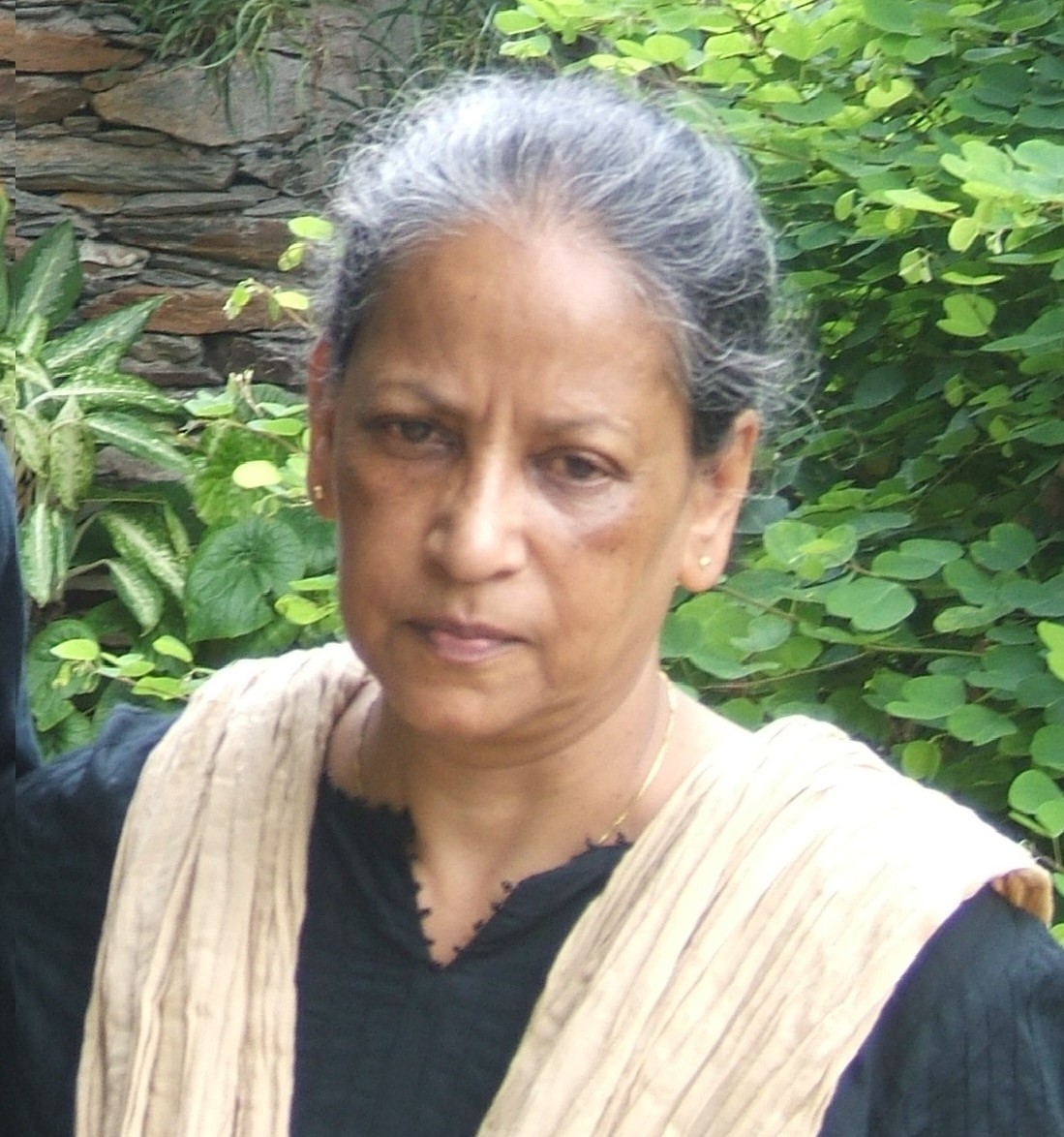
Dr. Nirmala Nair is the co-founder of Ekjut, a voluntary organization working with the marginalized populations of rural India. Her work focusses on building evidence on issues of maternal, new born and child health and nutrition through community engagement. For almost two decades she has been providing technical support in designing and developing the health interventions for improving maternal, newborn and child health and nutrition; adolescent health and wellbeing; and gender based violence through participatory women’s groups in several states of the country. She was also closely involved in the implementation of interventions in cluster randomised controlled trials and other research studies in collaboration with University College London leading to several publications in high impact journals. Ekjut is a recipient of the ‘public health champion’ award for its contribution to public health.
Ben Cislaghi
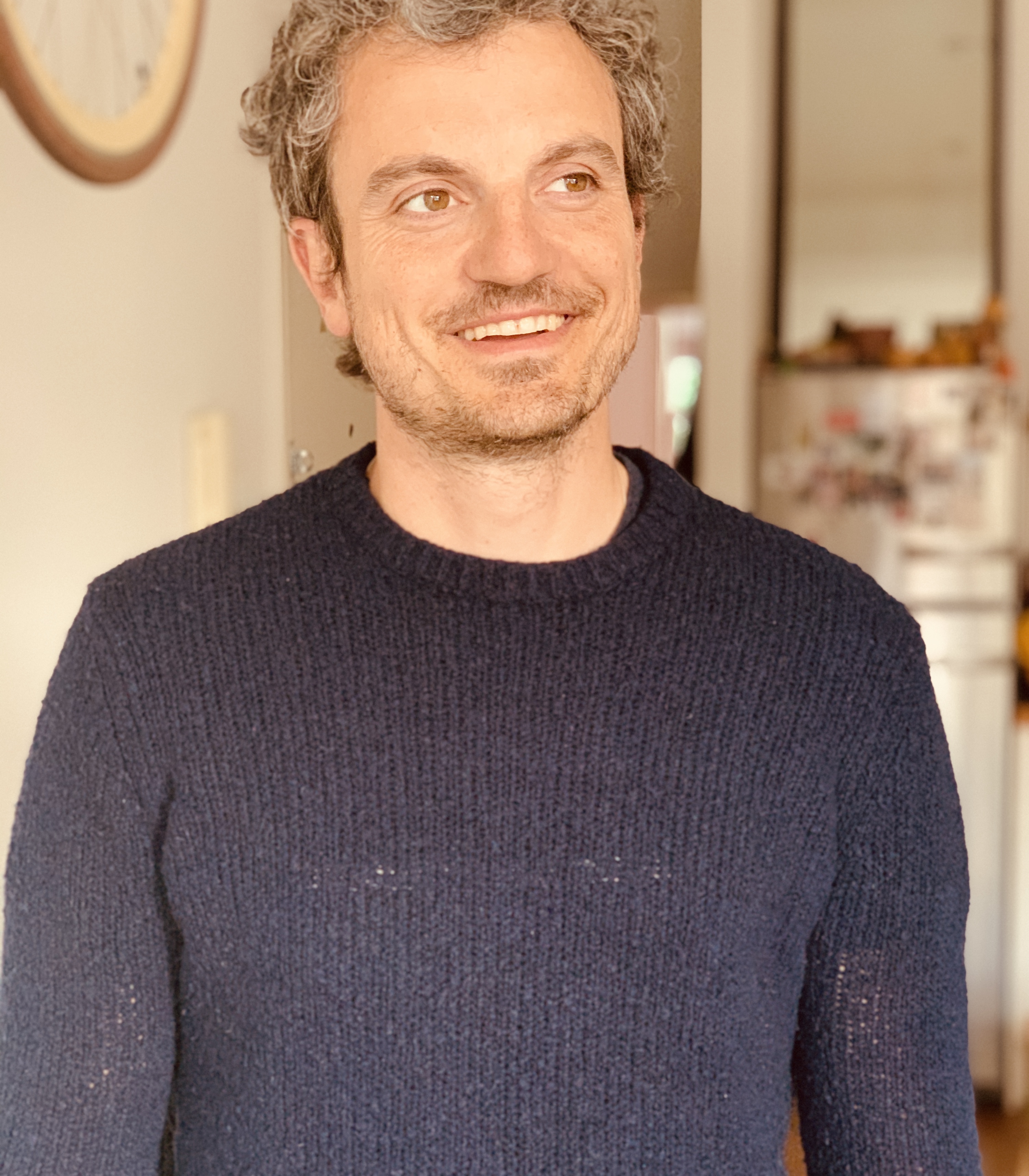
Dr. Ben Cislaghi is an Associate Professor in Social Norms at the London School of Hygiene and Tropical Medicine (Centre for Gender, Health and Violence). Before joining the academia, Ben worked for various NGOs and International Organisations, including UNICEF, WHO, and ILO. He was director of research for the NGO Tostan in Senegal for three years. His research work at the LSHTM has contributed to increasing the understanding of how gender norms affect people's health and how their effect can be measured. He leads a team of researchers and activists working at the intersection between gender equality, child protection, and ethics of international development. Ben's team is passionate about translating research into practice, and collaborates with several NGOs to increase their self-reflective ethical practices and integrate greater understanding of gender and social norms into their work. This commitment results in both translational research to action and accompaniment of small and mid-size NGOs working in low and middle-income countries.
Moderator:
Amber Peterman

Dr. Amber Peterman is an Associate Research Professor in the Department of Public Policy at the University of North Carolina at Chapel Hill. Her work focuses on the intersection of gender and development, with an emphasis on social protection, gender-based violence and adolescent health and wellbeing. Dr. Peterman is currently affiliated with the Transfer Project and co-leads the Cash Transfer and Intimate Partner Violence collaborative. She previously worked as a Social Policy Specialist at UNICEF Office of Research—Innocenti and as a Research Fellow at the International Food Policy Research Institute (IFPRI) in Washington DC., Kampala, and Dakar. Dr. Peterman obtained her Ph.D. in Public Policy with focus on international maternal and child health from UNC Chapel Hill.